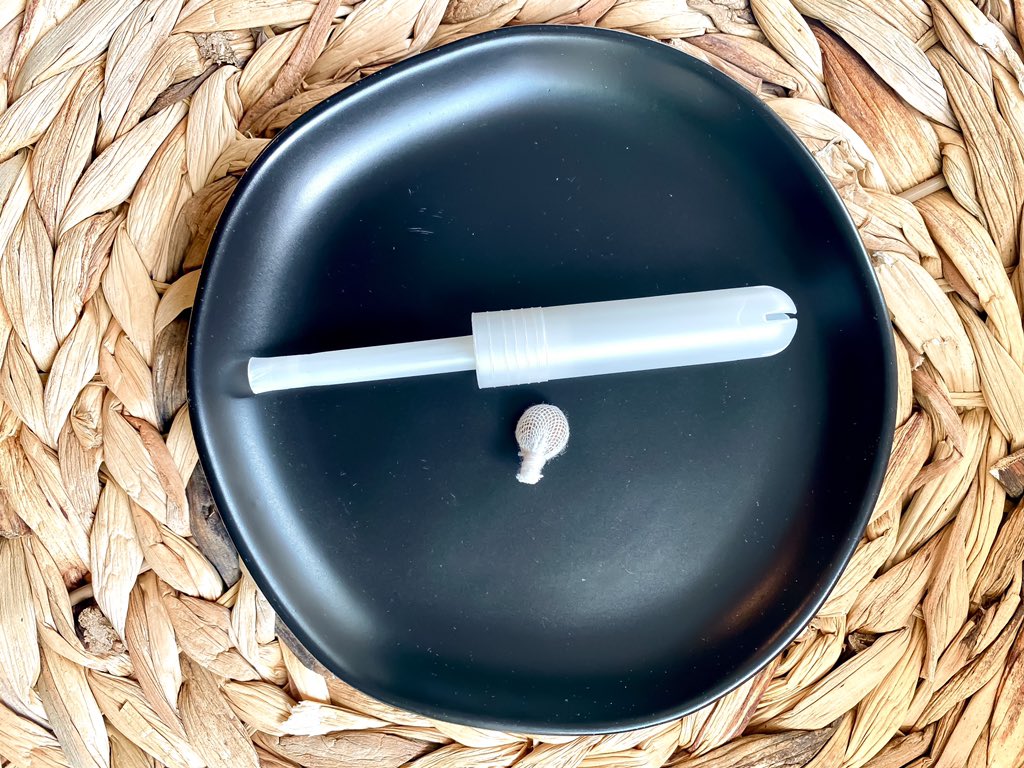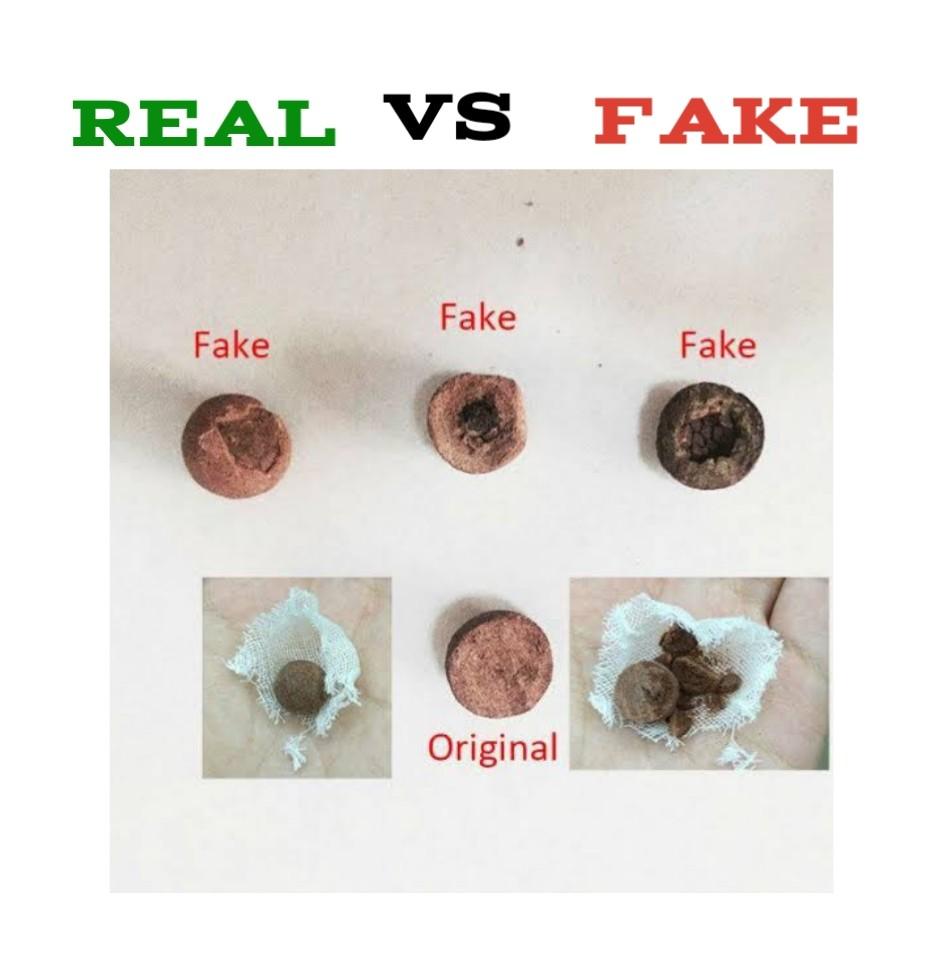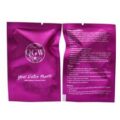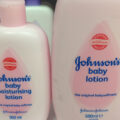Feminine care consumers are looking for safer products. “Women are more concerned than ever about not only the safety of the products they are using and putting into their bodies, consumers are looking for natural options because they are concerned about chemicals in other products.
Yoni pearls, also sometimes called vagina detox pearls, are small, cloth-covered balls full of herbs, such as: motherwort, angelica, borneol, rhubarb, rhizome, and osthol. These cloth pearls are inserted into your vagina for 24 to 48 hours using a plastic applicator.
The pearls are marketed as a natural, holistic ways to cleanse or detox your vagina or uterus of “toxins,” negative emotions, past sexual partners, and hormonal imbalances. They’re also said to help with heavy periods, endometriosis, yeast infections, and bacterial vaginosis.
Yoni pearls haven’t been widely studied, but research from 2002 noted that douching — which is also done to clean the vagina using water and liquids— can cause pregnancy problems, including miscarriage and early childbirth.
The Menace of Fake Yoni Pearls
The global feminine hygiene and care industry is estimated to be worth $15 billion, and growing. Many women see these products not as a mere convenience, but as a necessity for performing their professional, social, and familial responsibilities. Yet, in the past few decades, there have been concerns about the safety of feminine care product and the proliferation of untested products making false and unsubstantiated claims.
In 2019, the government agency Health Canada banned the sale of yoni pearls, calling them harmful and “very predatory” because they make misleading, false, and deceptive claims. The agency took the action because the company advertises that the pearls will help to “promote overall womb and vaginal health” and help with “painful menstrual cramping, detoxing an ex-lover, smelly odour, dryness, get back to their menstrual cycle after getting off birth control and overall vaginal reconnection.”
Health Canada has previously advised Canadians about the risks of buying natural health products online that have not been assessed for safety, efficacy or quality. These pearls were never authorized for sale in Canada.
There is also a Florida class action suit against one major company that makes yoni pearls because they contain “at least one ingredient that has been recognized as toxic.” This toxic ingredient is borneolum syntheticum, a synthetic version of borneol. According to CBC/Radio Canada, Health Canada says there’s been at least one report of someone having a serious adverse reaction to it. READ:Does Yoni Pearls Have Side Effects?
The Menace of fake feminine care products is not new, beyond the side effects of genuine or original Yoni peals, there is also the additional health risk of using a fake Yoni Pearl. Several producers and marketers online freely display their products but the best way to avoid fakes is to follow these simple steps to help ensure you are buying the genuine yoni pearl;
- Does the price seem too good to be true? It probably is! A particularly low price tag should trigger alarm bells;
- Check the logo and packaging carefully;
- Examine the product and be wary of any signs of poor construction;
- Check any safety seals;
- Ask the seller where the product came from;
- Does the item come with a guarantee? Be suspicious if goods don’t offer one;
- Buy your goods from authorized retailers;
- If buying online, check details about where the company is registered. If no contact details are offered, be suspicious!
- Check the refund and returns policy.






